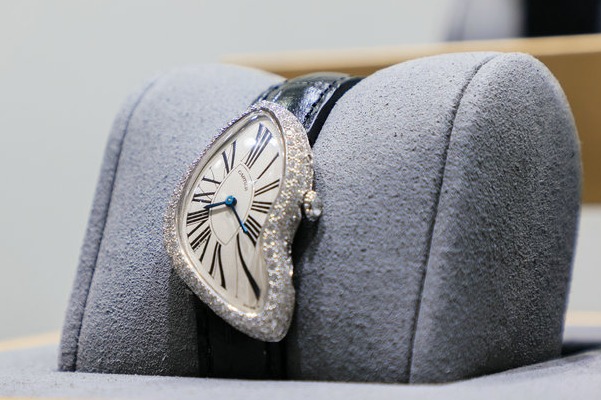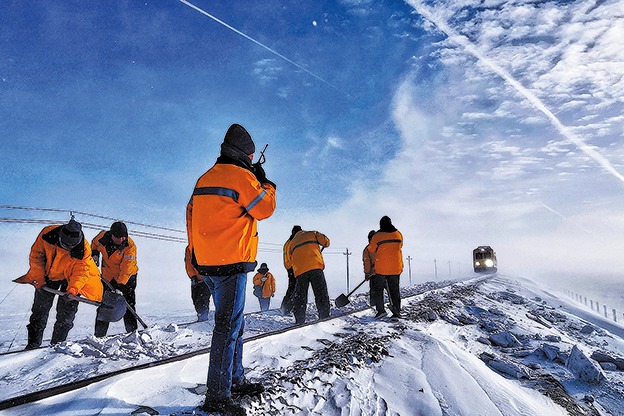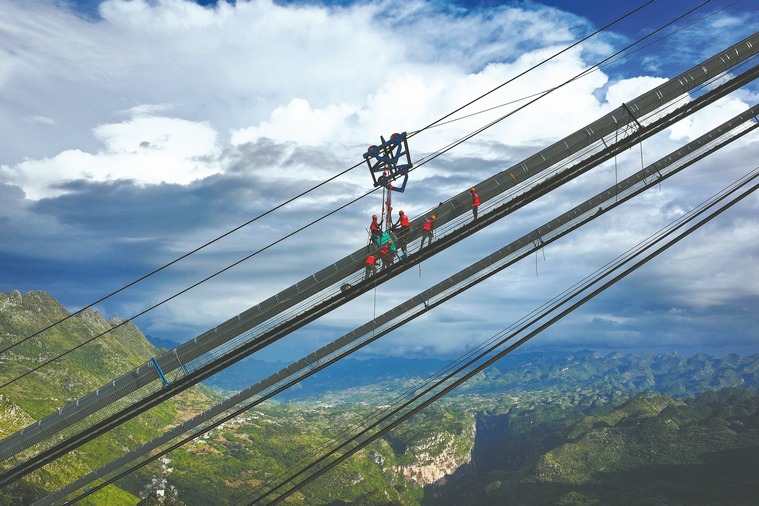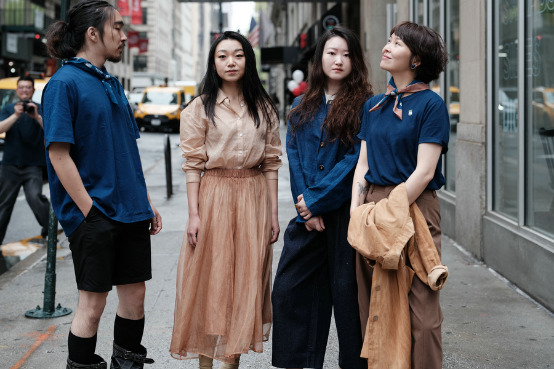Tea-loving nation warms to coffee's call


The country's fast-expanding middle class has become used to buying and drinking latte, cappuccino and other forms of the drink in coffee shops. Demand, especially for hot, fresh coffee is rising, with consumption growing by about 22 percent in 2014. This expansion led to many leading coffee shop companies opening more stores in China.
Lau said, "The Western lifestyle is attractive to upper-and middle-class urban consumers."
The main outlets in China are Starbucks, Costa Coffee and McDonald's, with smaller companies occupying 25 percent of the market. In Shanghai there are now more than 6,500 coffee shops.
Starbucks, which opened its first shop in China in 1999, is the market leader, with a 31.5 percent share in 2013. When Howard Schultz, its CEO, visited the country in 2016, he said the company would open 500 new stores annually by 2021. This will double the number of its outlets in China to 5,000.
Costa Coffee, a British multinational, plans to open 900 more stores in China by 2020, which will give it 1,344 shops in the country.
Esteban Liang, managing director of Costa Coffee in Asia, said, "To be seen in a coffee shop is a way for people to express themselves and to say who they are … the products they consume, the food they buy, the coffee they drink."
As coffee is still a relatively new departure for China's tea-drinking population, sweet milky forms of the drink such as latte and mocha are the most popular.
To cater to Chinese tastes, international coffee chains have adapted their menus to include more blended and tea-based drinks. The specials on offer at Starbucks include a green tea java chip frappuccino along with green-tea-flavored cake.
In large cities such as Shanghai and Beijing, where drinking coffee has been popular for a number of years, independent businesses are also appearing.
But Dave Seminsky, who own a coffee shop in Shanghai's Jing'an district, said it will not cater to individual customers' preferences. "We're staying 'true to coffee', but I don't have bags of sugar and lots of milk hanging around," he said.
Seminsky said that getting customers to change their habits has been one of the biggest challenges, but that by roasting its own beans his business aims to offer a "premium experience". He added that part of the price of a cup of coffee includes "the experience of going into the store, and we're trying to differentiate from the big companies".




































